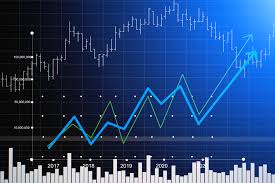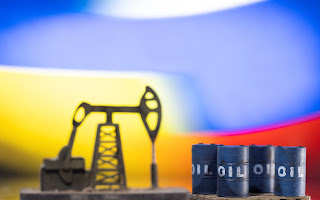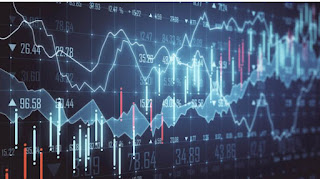What is Primary Market and Secondary Market?
Companies generally
accumulate short term funds via money market. But when they eye long term
requirements then they turn to capital market. The capital market is further
divided into two categories primary market and the secondary market.
In this article we present to you an in-depth analysis of primary and the secondary market, with inputs from the top 10 stock brokers in India who are ruling in the stock market with their customer centric plans and easy platforms for trading and also providing lowest brokerage charges in India.
Primary Market and Secondary Market
Primary market is where securities are disbursed by the company in first attempt to the general public for gathering funds in order to accomplish long-term capital requirement. Issues are published in various medium such as offer for sale, public issues, bonus issue, rights issue, issue of IDR, etc.
Secondary market, on the other hand, is where trade of existing securities such as debentures, shares, options, bonds, treasury bills, commercial papers, etc. occurs between investors. It can be simply considered an auction market that facilitates security trading through a dealer or an exchange (OTC).
Features of Primary market
- Primary market enables wealth creation for long-term goals.
- Fresh, first-hand securities are traded in the primary market.
Features of secondary market
- Secondary market banks on marketability and liquidity of older securities.
- Secondary market guarantees a fair and true dealing for safety of investor’s interest.
Difference between primary market and secondary market from the eyes of the best stock broker in India -
The major differences between the secondary and primary market are in terms of the organizations involved and nature of financing.
- The first-hand securities issued in the market are referred as primary market, whereas, when a company is listed on a registered stock exchange for trading-related activities, then all this collectively occurs in the secondary market.
- Primary market is also referred as new issue market where as the secondary market is also known as the after-issue market. In the primary market the prices of the commodity are fixed where as in the secondary market the prices of the securities fluctuate depending on the demand and supply.
- The primary market is responsible for financing the new and old companies, helping them in diversification and expansion where as the secondary market isn’t involved in any kind of transactions and thus doesn’t provide any help with company financing.
- The investors in the market can directly purchase the shares from the company, where as in the secondary market, the investors sell and buy the securities among themselves only.
- In secondary market the broker intermediates the whole trading process where as in the primary market the investment bankers are responsible for selling.
- In the primary market the company profits from the security sale, where as in the secondary market investors profit from the securities.
- Sale of securities takes place only once in the primary market, where as in the secondary market securities can be sold infinite number of times.
- The amount gathered from the securities acts as capital in the primary market whereas in the secondary market it acts as an income for investors.
The equity purchasing process is quite easy in the secondary market. The following steps are to be followed for selling or buying shares in the secondary market.
- Open a demat account with a depository participant (DP).
- Along with this open a trading account.
- Get your bank account linked with your trading and demat account.
- The broker sells or buys the shares by completing orders through the electronic terminal arranged by the stock exchange.
- A contract note is published by the broker that has the details of share volume purchased by the trader plus the added brokerage.
- The broker collects these shares through the settlement process(T+1) and facilitates the payment on the investor’s behalf.
- Order gets furnished on the final settlement date(T+2).
These are some important details of the primary and secondary market. Besides these there are two more markets the third and forth market. These markets aren’t of much importance. In these markets’ transactions happen between the brokers the dealers and the heavy institutional traders using the over the counter network.
FAQs
What happens in primary market?
Ans - In primary market trade occurs among fresh securities.
What are the factors affecting secondary markets?
Ans - The marketability and liquidity widely affect the conditions of the secondary markets.
Who profits from security sale in the primary market?
Ans - The company directly profits from the securities sale in the primary market.



Comments
Post a Comment